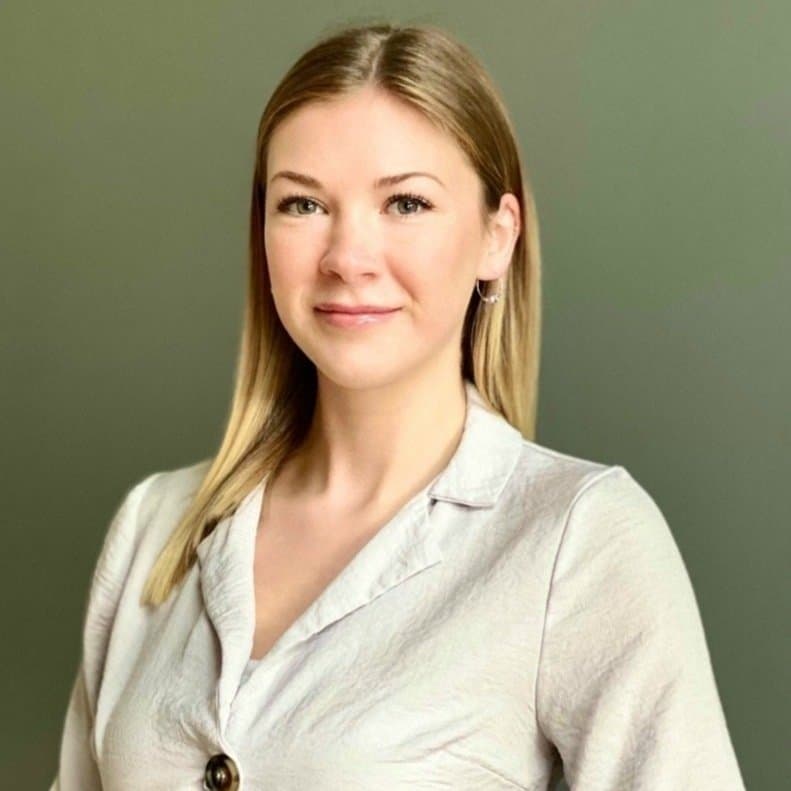Blog series [2/4]: ‘Are our learners ok?'

![Cover Image for Blog series [2/4]: ‘Are our learners ok?'](https://images.ctfassets.net/r8hc8hsgouqi/2o6fH1U9nQxSACREtCSjFX/020f47c2d721ed7630c71d2e0ac382b2/alaric-duan-mL0y6_AJXJU-unsplash.jpg?w=3840&q=75)

Covid’s disruption is impacting learners everywhere. Notably, those with additional support needs and special education needs. I created a survey exploring this impact on learning experiences which was sent directly to learners. This blog provides a true taster of how learners feel.
Learners are worried. They are overwhelmed. They are concerned about their academic progress, further education and job opportunities.
Learners are not okay.
For young people, learning is everywhere. School grounds teach negotiation and relationship building. Friends build confidence. Teachers are meaningful adults in their lives. For some, this is the most secure adult relationship; the foundation of feeling ‘I am ok’. We are yet to find an alternative to school as a safe haven. These environments provide nurture, respite and structure. Unfortunately, for some young people, home does not.
Different experiences
Some express reassurance and ongoing communication from teachers across lockdown. They receive calls and emails. Others, not so much.
For some, digital resources are scarce, complicated, and intimidating. The struggle to understand and retain long texts has been demotivating.
Sensory environments
Some have aired positive home-schooling experiences with less noise, and less sensory overload. Others are struggling.
Socialising has decreased
This is disrupting behaviour and impacting emotional and social well-being. Learners feel distracted, irritated, and impulsive. Lack of structure makes things difficult. There is greater frequency of attachment issues, isolation and anxiety. Some children dread to go outside without a parent. Some are experiencing breakdowns.
Invest in relationships
The foundation of recovery for young people is rebuilding relationships. Despite fears, many are excited to rekindle relationships at school. Thinking through the preparation and transition to restart from the learner's point of view, putting the learner at the heart of our decision making matters. We must scaffold positive change for them starting where they are, rebuilding confidence, and restoring relationships.
Research by Emerging Minds in Oxford highlights the need to address trauma, build empathy, and restore reassurance. New shared spaces, spaces for trusting relationships, and spaces for nurturing physical environments is needed.
So, let’s build empathy bridges.
For more information on recognising and addressing trauma in toddlers/children, please see this publication by Emerging Minds.
